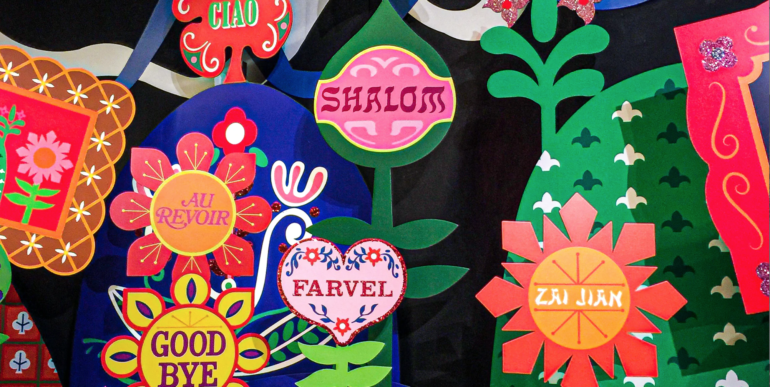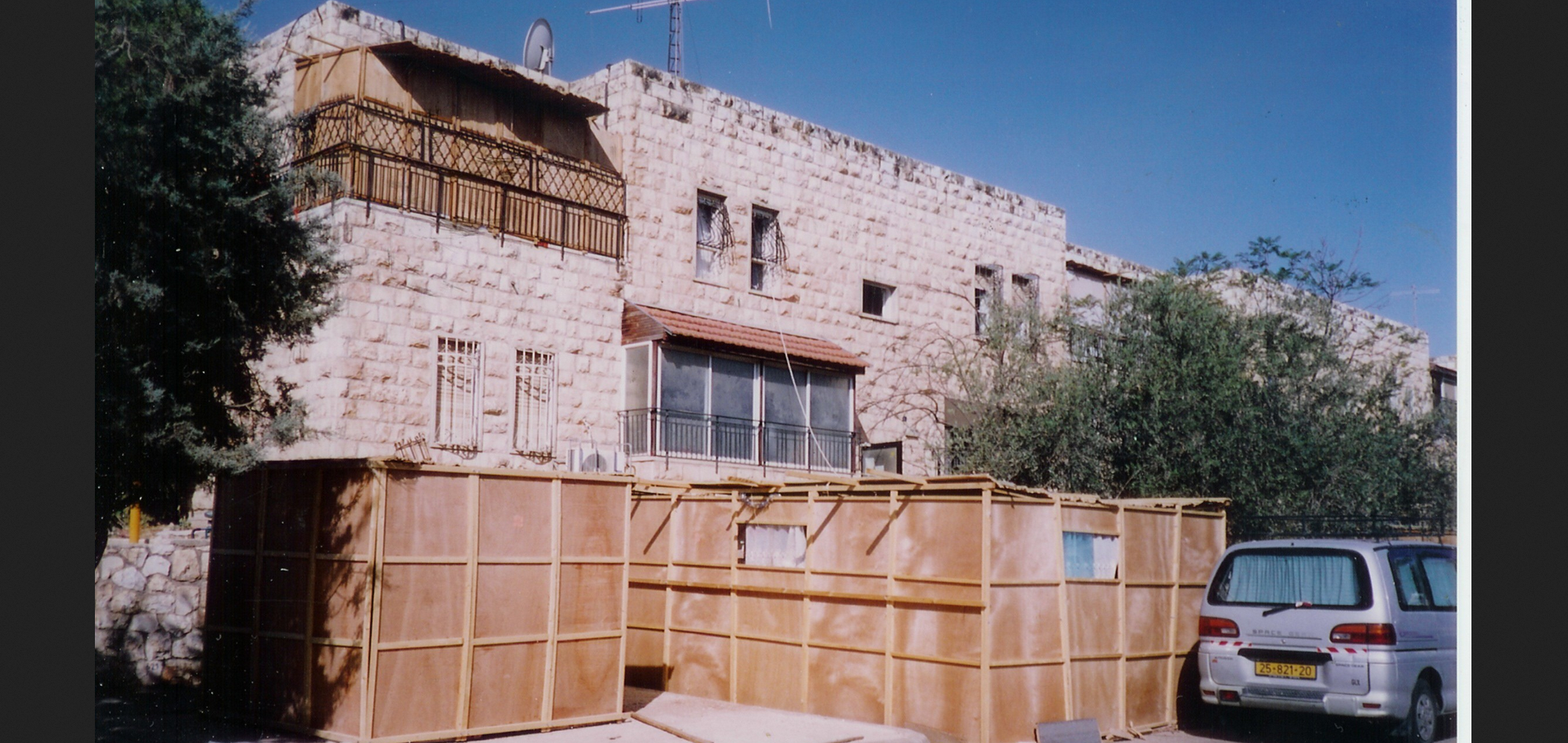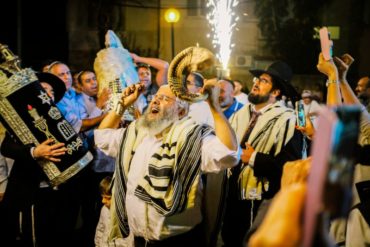
What Language Do Orthodox Jews Speak?
Dear Jew in the City-
What language do Orthodox Jews speak?
Sincerely,
Madison
Dear Madison-
Thanks for your question but it’s a little like asking what language Catholics speak. (I doubt very much you’d expect all Catholics to speak Latin!)
Hebrew is the traditional language of the Jewish people – that’s the language in which Tanach (the Jewish Bible) and most of our prayers are written. However, we were exiled for the umpteenth time when the second Temple was destroyed and ultimately dispersed all over the world. The center of Jewish life moved to Babylonia and Aramaic became the common language. (The Talmud is written in Aramaic.) But Jews in other lands spoke whatever was spoken in their countries of residence – German, Spanish, French, Dutch – whatever. (I’m an Orthodox Jew and I speak English!)
In some places, Jewish dialects of local languages arose. The most famous of these is Yiddish (literally “Jewish”), a variant language derived from German. The next-well-known is Ladino, which evolved from Spanish; the work Me’am Loez was written in Ladino. (The words “me’am loez” come from Psalms 114:1 and mean “from a nation of a foreign language.”) There have also been Jewish dialects of Italian, Russian, Arabic and many other languages.
Most Orthodox Jews read Hebrew at least well enough to recite the various prayers but this is not obligatory; one certainly need not be fluent in Hebrew. (And, like all languages, Hebrew has evolved. I can translate the 2,000-year-old Mishna with relative ease but I would stumble my way through a modern-day Israeli newspaper.) Speaking of the Mishna, the seventh chapter of tractate Sotah discusses which religious texts must be recited in Hebrew and which may be recited in any language. We see that Hebrew being less than universal has been the case since time immemorial.
Jews who study Talmud and/or who review the weekly Torah portion with the translation of Onkelos may be fairly proficient in reading and understanding Aramaic but nobody really speaks it today.
In the more insular “ultra-Orthodox” Jewish communities, Yiddish may be the primary language but this is hardly true of Orthodox Jews as a whole. Generally speaking, Jews in Alabama speak English, Jews in Sao Paulo speak Portuguese and Jews in Tehran speak Farsi. This is true whether they’re Orthodox or not.
I didn’t mention “Yeshivish,” which is an Orthodox Jewish variant dialect of English, much the same way that Ebonics is an African-American variant dialect. Yeshivish includes vocabulary and sentence structure inherited from Hebrew, Yiddish and even Aramaic (in the form of familiar Talmudic expressions). Such a dialect probably represents an intermediate step towards how hybrid languages like Yiddish developed. Mimah nafshoch, it’s takeh not a language gamur, so the velt doesn’t hold by it. (That’s Yeshivish for “Either way, it’s not actually a full-fledged language, so the world doesn’t accept it as such.”)
Sincerely,
Rabbi Jack Abramowitz
Educational Correspondent
Follow Ask Rabbi Jack on YouTube
If you found this content meaningful and want to help further our mission through our Keter, Makom, and Tikun branches, please consider becoming a Change Maker today.










4 comments
Sort by
Shouldn’t that be “mimah nafshoCh”?
Great article!
Indeed it should! Thanks for catching the typo; I’ve requested that it be corrected.
Shkoyekh for being masber the inyan from yeshivish english. Mamesh a mekhaye but you should know that a khelek from the linguistics velt is takeh makir yeshivish als an emeseh dialect or efsher even a shprakh.
In the 1980s I used my knowledge of the Russian language to assist Jewish immigrants from the USSR. I once attended a pre Passover lecture with a Russian friend who had recently immigrated from the Soviet Union to Brooklyn. The rabbi preceded his lecture by apologizing that he would be speaking English because he spoke neither Russian nor Hebrew. He then proceeded to describe the preparation for the Passover Seder: “When you make the tish for the seder, you should take your silver keilim and your gold keilim and the sheyne zakhen out because on Pesach your shulkhan should be mammesh malkhusdik.” My Russian friend turned to me and asked “was that English?”
😂